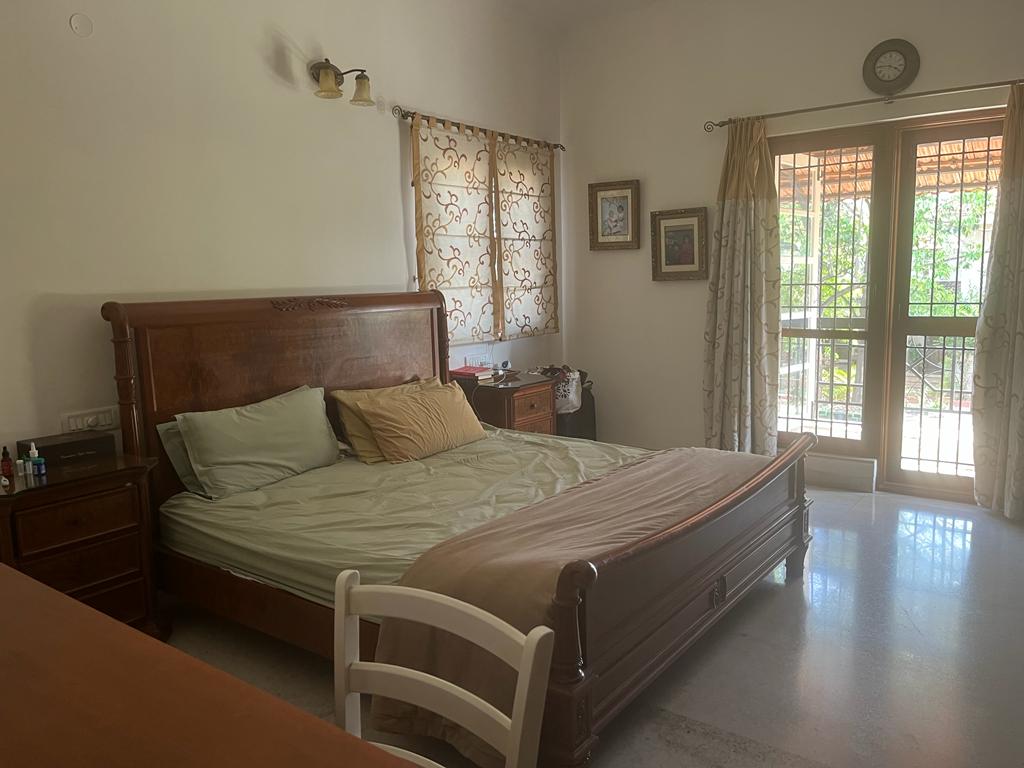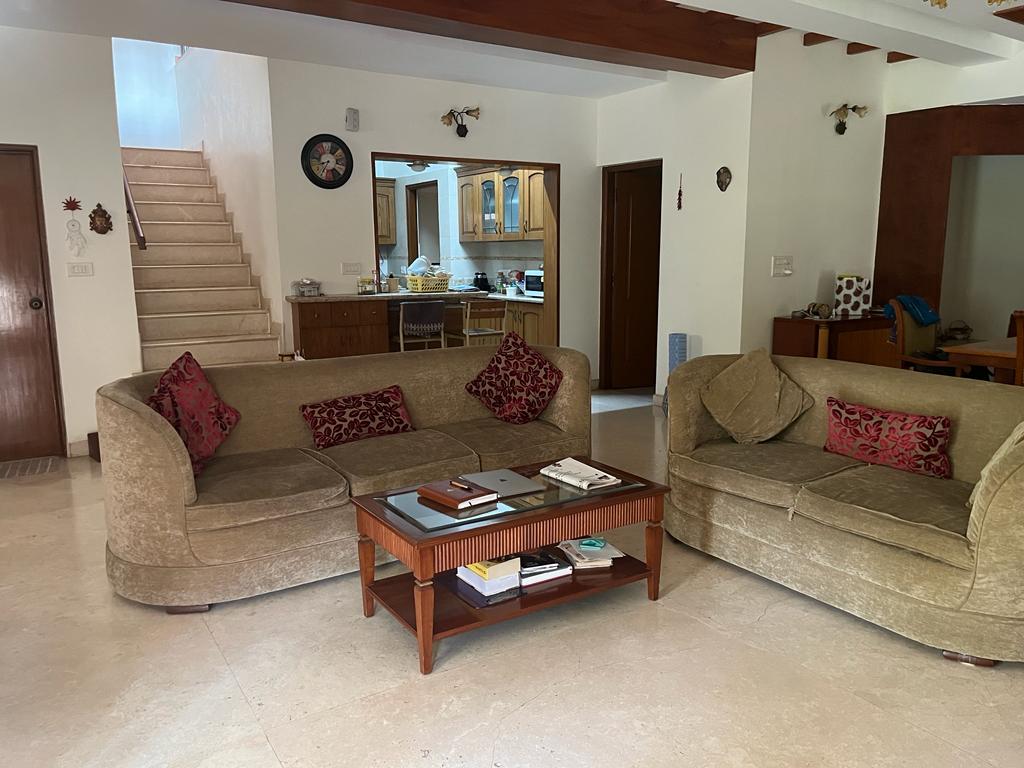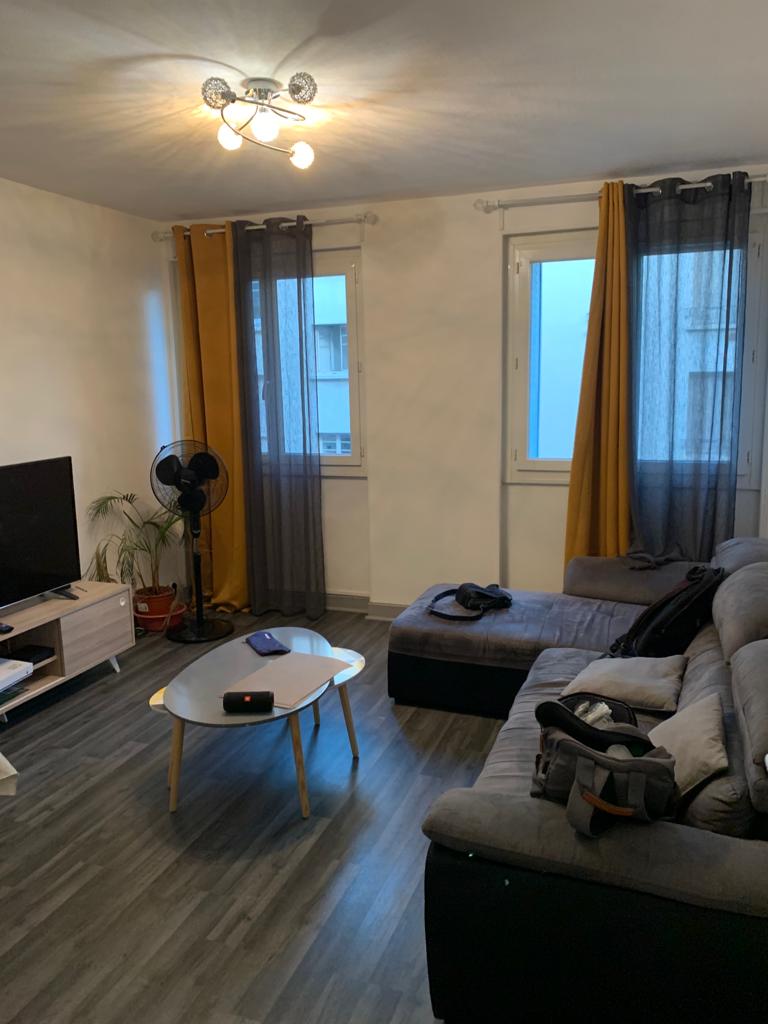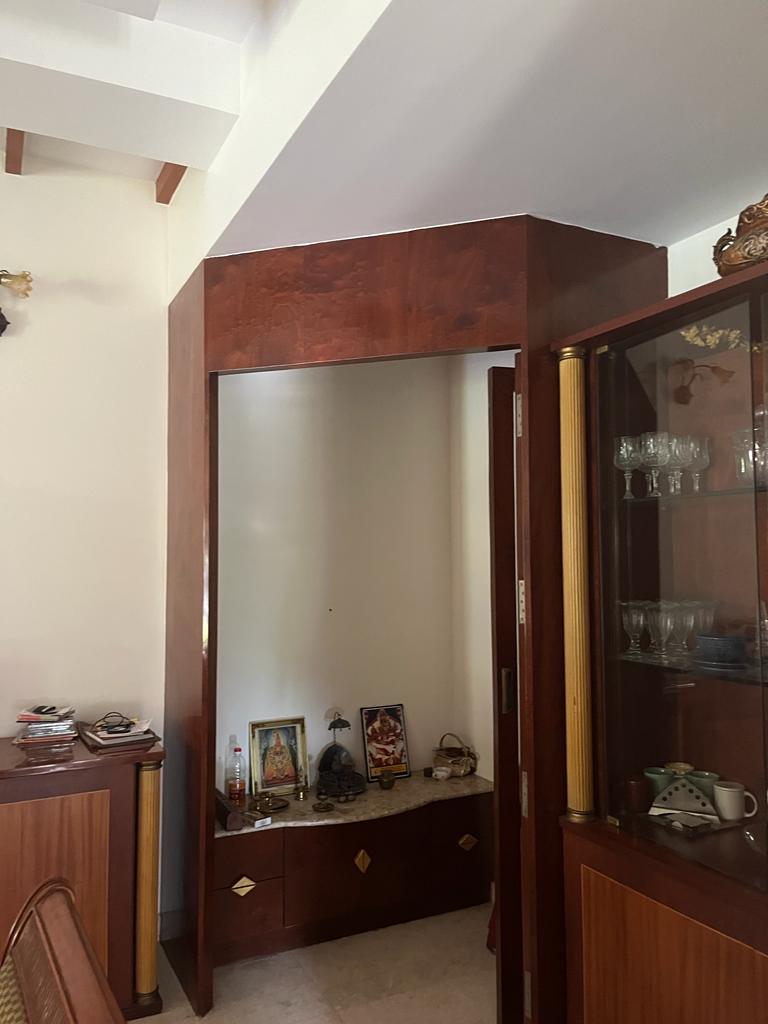



Our starting point for this project was the fact that all of us had experiences and stories at the top of our mind, or buried in us that we felt the need to expose, especially for ourselves. As AFABs and Erasmus student, as we travel across the world we have been thinking a lot about our well-being, especially since frequent travel has challenged our bodies in various ways. This has drawn attention to our hormonal cycles and how they affect our daily life, and the lack of consideration we give to such changes. Bleeding is a fraction of the entire experience, and one that many people do not have.
While it didn't seem so to us in the beginning, we often felt stuck as we tried to think about menstrual cycles as a whole. It was hard for us to move away from blood-centric thinking, also because we ourselves have only started to give importance to, and identify how we we feel at other times in our cycles. Bleeding is the part of our cycle that we can identify. This is despite having apps and resources that now ask us to log symptoms throughout our cycles. And during our research we also noticed that much work in museums and performances is done around bleeding, the taboos associated, and the activism required for equity. However, the same attention is not given to the experience of hormonal changes and cycles across ages and genders.
We also noticed that we often had associations to sites as we narrated stories, and we unquestionably associated these experience to our contexts. Thus, we decided that we would evoke these sites of heritage in the way we narrated the stories. In doing so we visiblise and activate stories that are often stigmatized, invisiblised, given over-importance, or considered unimportant. Reading Kristy Edmund's essay on spectatorship in performance, I was urged to think about how stories related to such knowledge transmission and their performance can help us ‘look at’, ‘view’, ‘witness’, ‘listen to’, read’ our heritage. Additionally, it raises the question, does such viewing, witnessing, listening to and/or reading allow us to see better the beneficial and the absurd in our heritage practices.
It was here, in my living room in Clermont-Ferrand, that a friend interjected in a conversations around periods, 'did you know that trans women get their period'. I was shocked into attentiveness, not because this information was new or bewildering, but because their tone highlighted how little we think about menstrual cycles without without a direct association to bleeding. The language I grew up with such as, 'I must be getting my period', or 'I feel better because I just had my period', or the rather derogatory 'Is it that time of the month?', or 'are you on your period or something?' all highlighted the arrival, departure, or existence of bleeding.
I went to my mother sometime in my early teens, as she napped in her room. After months, I had finally mustered up the courage to ask her a question. I walked in with my underwear in hand and stood next to her 'What is this?', I asked pointing to the gooey fluid on it. 'It's White Discharge beta', she said. 'It's normal'. This was before my period, I think.
In this room, a few months earlier, my mother had told me about periods. As she massaged my body with oil, she said, 'every month some blood will come from your punga(vagina). I just wanted to let you know, because no one told us this would happen and I didn't understand what was happening with me'.
In my house in Bangalore, in the living room is where my mom taught me how to put on a pad. Right here on the sofa, she showed me how to open it, stick it on to mu underwear, and then take it off, roll it up, cover it with a piece of newspaper to discard it in a sanitary way. My father knew to leave us alone. I remember flinching when I saw him walk out of a room and go up the stairs. My mother didn't seem to care.
I remember the celebrations of Ganesh Chaturthi on one particular year. I was very around years old, and I had to do the Puja every morning before going to school for a large part of the 10 day festival. When I asked my mom why, she said to me that it was 'because she is sick'. From that I understood that one must not be the one to hold the fire during prayer if one is sick. I then remember going to a Puja at one of our neighbors houses. She was very sick from cancer, and we all knew it. She did a Puja when we were there. I went home to my mom, and asked her how she could've done so if she was sick. Years later I realized "sick" was my mother's way of finding a way around telling my sister and I that she had her period.
Years later I revisited this conversation with my mother and asked her if she still didn't go into the prayer room and do Puja when she's on her period. She evaded my question by saying, 'well... I am not one to keep up many religious festivals and rituals, and I've had my menopause a couple of years ago'.
We have so many stories, and once we think beyond bleeding...we have many more